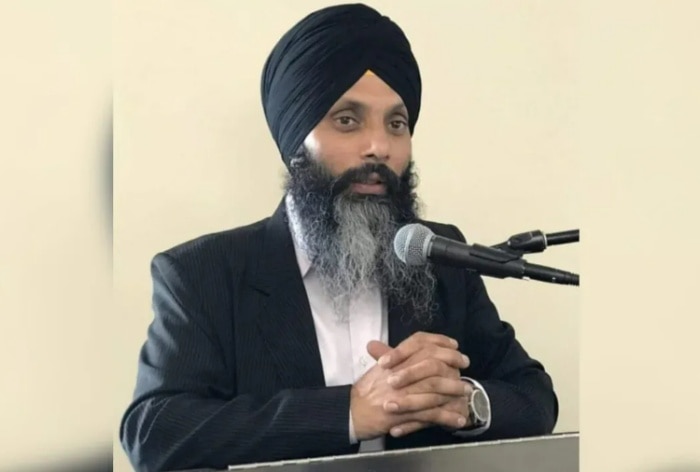Hardeep Singh Nijjar had reached Canada using a fake passport and had applied for asylum in the North American country claiming that he feared persecution in India.

New Delhi: Canada failed to act against slain Khalistani separatist leader Hardeep Singh Nijjar despite being informed of his involvement in acts of terrorism and over a dozen other criminal charges against him, including murder, a report said on Friday.
Citing sources, a report by news agency PTI stated Nijjar had reached Canada using a fake passport and had applied for asylum in the North American country claiming that he feared persecution in India because he belonged to “a particular social group”.
However, Nijjar’s asylum was rejected on grounds of fabricated narrative, the sources said, according to PTI, adding that 11 days after his asylum was junked by Canada, he he entered into a “marriage” agreement with a woman who sponsored his immigration.
This application was also rejected by immigration officials in Canada as the woman had also arrived in Canada in 1997 on sponsorship by a different husband.
Nijjar appealed against the rejection in courts of Canada although he kept claiming himself to be a citizen of Canada. The Khalistani leader was later granted Canadian citizenship under unclear circumstances, the report said.
Nijjar had a over a dozen criminal cases of murder and other terrorist activities against him in India and these details were shared with Canadian authorities but no action was taken, the sources claimed.
They said that despite an Interpol Red Corner Notice (RCN), issued against him in November 2014, Canada did not act against Nijjar and merely put him on a no-fly list.
Hardeep Singh Nijjar, a dreaded Khalistani extremist with over a dozen cases of murder and terrorism registered against him in India, was gunned down by unidentified attackers June 18 at a parking lot of a gurdwara in British Columbia. Nijjar had gone to Canada in 1997 using a counterfeit passport under the alias Ravi Sharma, the sources said.
Nijjar’s killing has sparked a massive diplomatic tussle between India and Canada after Canadian Prime Minister Justin Trudeau alleged that the assassination had the “potential” involvement of Indian agents.
India has rejected the allegations as “absurd” and “motivated” and expelled a senior Canadian diplomat in a tit-for-tat move to Ottawa’s expulsion of an Indian official over the case.
In reflection of hardening of its position, India on Wednesday advised all its nationals living in Canada and those contemplating travelling there to exercise “utmost caution” in view of growing anti-India activities and “politically-condoned” hate crimes as well as “criminal violence” in that country.
India on Thursday announced temporarily suspending issuance of visas to Canadian citizens in view of “security threats” faced by its high commission and consulates in Canada.
(With PTI inputs)
